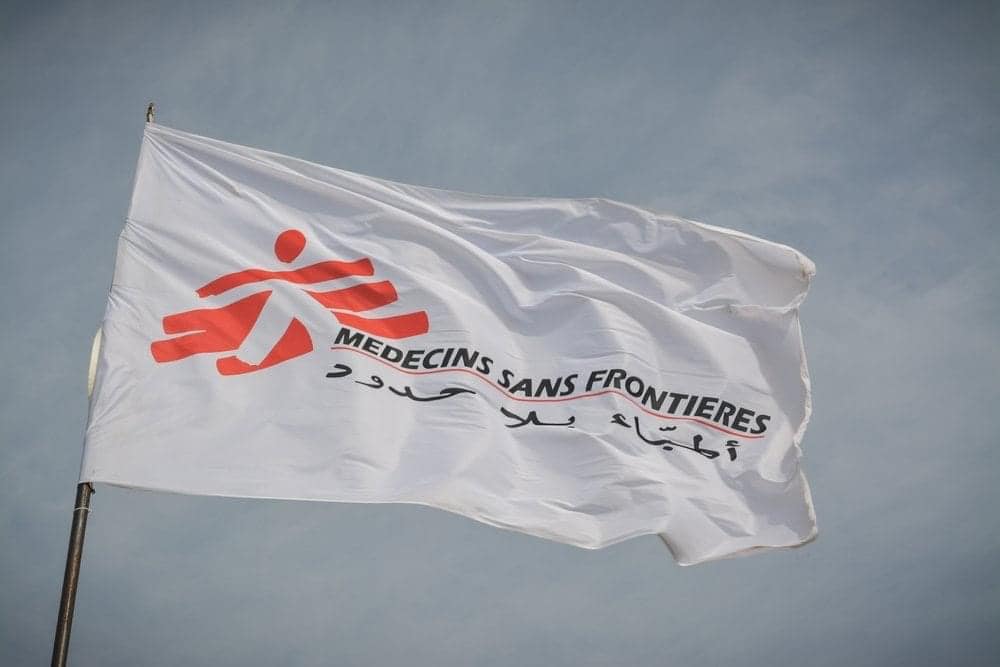
The Death Rate Increased Twentyfold in West Darfur State
Moatinoon
A medical research body stated that a field survey conducted in three camps for Sudanese refugees in Chad revealed that the death rate increased twentyfold since the outbreak of conflict in April of last year.
The Epicenter Center, affiliated with Médecins Sans Frontières (Doctors Without Borders) and specializing in epidemiological research, highlighted in a report last Monday the events in Geneina, the capital of West Darfur state. It stated that 83% of the fatalities were men, primarily due to violence, with 82% of them dying from gunshot wounds.
The survey was conducted in the Tom Tom, Arko, and Oureng camps, which were home to 6,000, 44,000, and 25,000 people, respectively, in August and September of last year. It was carried out by the teams of Médecins Sans Frontières in those camps.
The majority of deaths occurred in the city of Geneina, while a quarter of them occurred during the journey to Chad. Additionally, approximately one man disappeared for every twenty aged between 15 and 44 during the survey period.
Claire Nicollet, the Head of Emergency Programs at Médecins Sans Frontières in Chad, stated that the results of the survey were corroborated by "testimonies from about 1,500 Sudanese wounded whom our teams treated in collaboration with Chadian health authorities at the surgical unit in Adré Hospital since last June."
She added that the influx of wounded we witnessed in Adré, where we received 858 war-wounded between June 15 and 17, corresponds to the peak of the death rate observed in the survey. Many of the wounded reported that Arab militia men targeted them due to their Masalit ethnic affiliation.
Nicollet added, "They told us that this violence continued afterward in the villages and checkpoints along the road to Chad, where men from the Masalit community were systematically targeted."
Describing the situation in the region, the center said, "The narratives of refugees who fled from West Darfur over the past six months paint a harrowing picture of unbearable violence, including looting, house burning, beatings, sexual violence, and massacres. The ethnic dimension of the violence, rooted in political, economic competition, and land disputes among local communities in the region, took an especially extreme turn in the capital Geneina, which has now become almost devoid of the Masalit community that used to live there."

